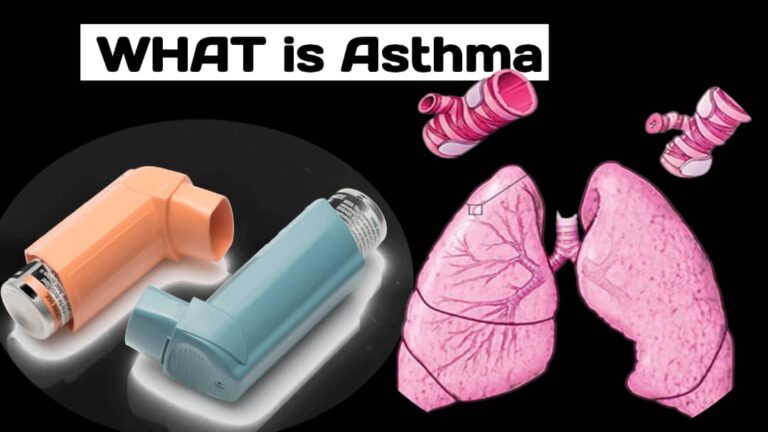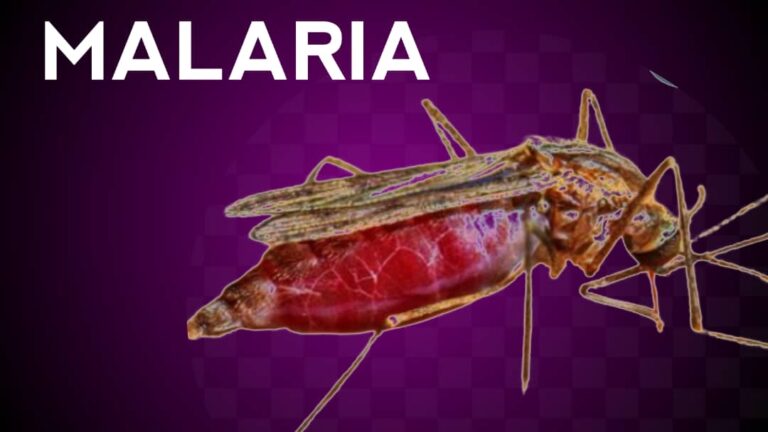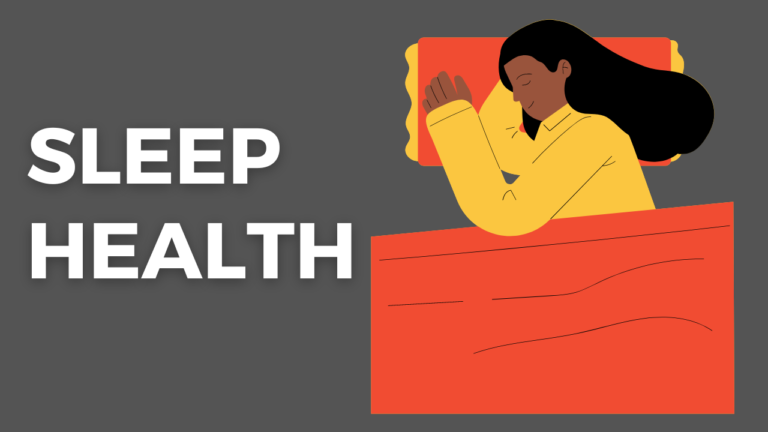WHAT IS THE PNEUMONIA

Pneumonia is an infection that inflames the air sacs in one or both lungs. It is a common respiratory illness that can range from mild to severe and can affect people of all ages. Pneumonia can be caused by various infectious agents, including bacteria, viruses, fungi, and, less commonly, parasites.
When a person has pneumonia, the air sacs in the lungs, called alveoli, become filled with fluid or pus, which makes it difficult for oxygen to reach the bloodstream. This leads to symptoms such as coughing, chest pain, difficulty breathing, fever, chills, fatigue, and sometimes confusion or changes in mental awareness.
The most common types of pneumonia are:
Bacterial pneumonia: This type of pneumonia is caused by bacteria, most commonly Streptococcus pneumoniae. Bacterial pneumonia can occur on its own or as a complication of another respiratory infection, such as the flu. It can range from mild to severe, and certain populations, such as older adults and individuals with weakened immune systems, are at higher risk.
Viral pneumonia: Viral pneumonia is caused by viruses, such as influenza (flu), respiratory syncytial virus (RSV), or the SARS-CoV-2 virus that causes COVID-19. Viral pneumonia is usually less severe than bacterial pneumonia but can still cause significant respiratory symptoms, especially in young children, older adults, and those with weakened immune systems.
Fungal pneumonia: Fungal pneumonia is relatively rare and primarily affects individuals with weakened immune systems, such as those with HIV/AIDS or undergoing chemotherapy. Fungal pneumonia can be caused by different types of fungi found in the environment.
Aspiration pneumonia: Aspiration pneumonia occurs when foreign substances, such as food, liquids, or vomit, are inhaled into the lungs, leading to infection and inflammation. This type of pneumonia is more common in people with swallowing difficulties, impaired consciousness, or those who have experienced a near-drowning incident.
The diagnosis of pneumonia typically involves a combination of physical examination, medical history, and diagnostic tests such as chest X-rays, blood tests, and sometimes sputum or fluid cultures. Treatment depends on the type and severity of pneumonia but often includes antibiotics for bacterial pneumonia, antiviral medications for viral pneumonia, and antifungal medications for fungal pneumonia. Supportive care, such as rest, fluids, and fever-reducing medications, is also important.
Prevention of pneumonia includes measures such as practicing good hand hygiene, getting vaccinated against bacterial and viral pathogens (such as the pneumococcal vaccine and influenza vaccine), avoiding exposure to tobacco smoke and air pollutants, and maintaining a healthy lifestyle to support overall immune function.
If you suspect you or someone you know has pneumonia, it is important to seek medical attention for an accurate diagnosis and appropriate treatment. Pneumonia can be a serious condition, especially in vulnerable populations, and early intervention is crucial.
Causes and Risk Factors:
Pneumonia can be caused by a variety of infectious agents. Some common causes include:
Bacteria: Bacterial pneumonia is often caused by the bacterium Streptococcus pneumoniae, but other bacteria such as Haemophilus influenzae and Staphylococcus aureus can also be responsible. Bacterial pneumonia can occur on its own or as a complication of another respiratory infection.
Viruses: Viral pneumonia is commonly caused by viruses such as influenza (flu), respiratory syncytial virus (RSV), adenovirus, and the SARS-CoV-2 virus responsible for COVID-19. Viral pneumonia is more common in children and tends to be milder than bacterial pneumonia.
Fungi: Fungal pneumonia is usually seen in individuals with weakened immune systems, such as those with HIV/AIDS or those receiving immunosuppressive treatments. Fungi like Pneumocystis jirovecii or Aspergillus species can cause fungal pneumonia.
Aspiration: Aspiration pneumonia occurs when foreign substances, such as food, liquids, or gastric contents, are inhaled into the lungs. This can happen when someone has impaired swallowing, is under the influence of alcohol or drugs, or experiences a near-drowning incident.
Certain factors can increase the risk of developing pneumonia, including:
Age: Infants, young children, and older adults are more susceptible to pneumonia.
Weakened immune system: Conditions that weaken the immune system, such as HIV/AIDS, cancer, organ transplantation, or certain medications, increase the risk of pneumonia.
Chronic diseases: Chronic lung diseases (e.g., COPD), heart disease, diabetes, and kidney disease can make a person more vulnerable to pneumonia.
Smoking: Smoking damages the lungs and increases the risk of respiratory infections, including pneumonia.
Hospitalization: Pneumonia acquired during a hospital stay (hospital-acquired pneumonia) can be caused by different bacteria and is often more resistant to antibiotics.
Treatment and Prevention:
Treatment for pneumonia depends on the cause, severity, and individual factors. It typically involves:
Antibiotics: Bacterial pneumonia is treated with antibiotics that target the specific bacteria causing the infection. The choice of antibiotics depends on factors such as the person’s age, overall health, and the presence of any underlying conditions.
Antiviral medications: Antiviral drugs may be used to treat viral pneumonia caused by specific viruses.
Antifungal medications: Fungal pneumonia requires treatment with antifungal drugs.
Supportive care: Rest, hydration, and over-the-counter medications to alleviate symptoms like fever and cough may be recommended. Hospitalization may be necessary for severe cases or individuals with certain risk factors.
Prevention of pneumonia includes:
Vaccination: Vaccines are available for certain types of pneumonia, such as the pneumococcal vaccine, influenza vaccine, and COVID-19 vaccine. These vaccines can help prevent or reduce the severity of pneumonia caused by specific pathogens.
Hand hygiene: Regular handwashing or using hand sanitizers can reduce the risk of respiratory infections.
Avoiding smoke: Avoiding tobacco smoke and secondhand smoke is important, as smoking damages the lungs and weakens the immune system.
Good respiratory hygiene: Covering the mouth and nose when coughing or sneezing and disposing of tissues properly can help prevent the spread of respiratory infections.
Managing underlying conditions: Proper management of chronic diseases and maintaining overall health can reduce the risk of pneumonia.
It’s important to consult with a healthcare professional for an accurate diagnosis, appropriate treatment, and personalized advice on prevention if you have concerns about pneumonia or its previous






